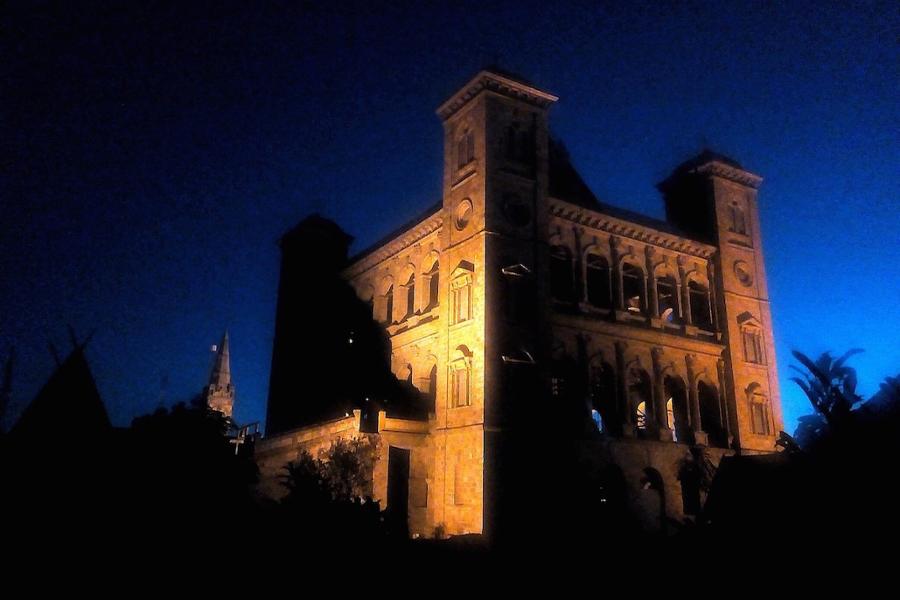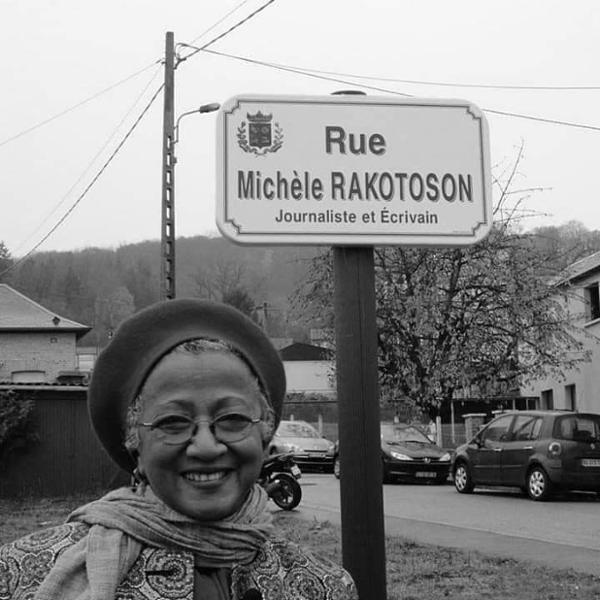
Women who shaped the history of Madagascar
The role of women in society? Should we even question whether they should be equal to men or not? Do they deserve better recognition? In Madagascar’s history, few Malagasy women’s names have been remembered, yet they forever changed the course of the country! Let’s get to know some of them !
Women who left their mark on the tourist spots of the Great Island
Ravolahanta
It is not easy to give up wealth and a privileged social position, but Ravolahanta did so for love. Her name, linked to that of her doomed lover Rabeniomby, will forever be remembered as long as Lake Tritriva (Antsirabe) exists. Their tragic love story is a classic yet enduring one: a noblewoman and a zebu herder who take their own lives due to an impossible love.

Rangorivao and Andrenikina
Another tragic love story, though of a different kind, is that of Rangorivao. Her fate is also tied to a lake, Lake Andraikiba. As the story goes, she perished there alone during a race against her rival, with the winner set to marry the man they both loved. When she drowned, the lake was named "Andrenikina." This sad and reductive tale reminds us that all women (especially mothers) deserve good fortune and happiness.
Rasoabe and Rasoamasay
One more story, involving a lake and two women: Rasoabe and Rasoamasay, the wives of the giant Darafify. According to legend, the lakes' locations were gifts from the giant to his wives, meant for rice cultivation. However, upon discovering their infidelity, he drowned them in the lakes. Their souls supposedly built villages with their slaves at the bottom of the lakes. Today, the shores of Lake Rasoabe host the charming coastal village of Manambato, 11 km from Brickaville, along the eastern route to Andasibe, the Pangalanes Canal, and Sainte Marie Island.
Queens who shaped the national consciousness
Ranavalona Ire
Ranavalona I is considered the greatest queen of the Malagasy kingdom due to her strong character, authority, and achievements. Following the death of her husband, King Radama I, the great unifier of the kingdom, in 1828, she took power and ruled until her death in 1861. A strict and even cruel ruler, she had no mercy for those who defied her laws. Hostile to foreign influence, she preserved Malagasy traditions, banned religious propagation, and prioritized education. She modernized the country, particularly the capital, with various industries (arms, foundries, carpentry, ceramics, papermaking, soapmaking) with the help of her French lover, Jean Laborde.
Rasoherina
After Ranavalona I's death, her son, Radama II, ascended the throne but did the opposite of his mother, granting liberties and favors to foreigners, especially the French, while indulging in debauchery. His reign ended with his assassination by nobles and commoners (hova). They offered the throne to Princess Rabodo (Ranavalona I's niece) under specific conditions. She became Queen Rasoherina and married the hova Rainivoninahitriniony. In time, his brother Rainilaiarivony replaced him as Prime Minister and the queen’s husband, marrying the next two queens as well. Rasoherina’s legacy is complex; she is viewed either as a puppet or a wise and determined queen. Her name is now often associated with strong-willed women, even conflated with Ranavalona I.
Ranavalona II
Upon Rasoherina's death in 1868, her cousin, Ranavalona II, became queen and challenged customs, abandoning traditional religious beliefs that had long been the foundation of political power. She allowed bricks and stone, previously considered taboo for use in homes, to be used for construction. During her reign, the Rova of Manjakamiadana was rebuilt in stone. A fervent Protestant, she promoted evangelization and education, publishing a decree making education mandatory for youth, including girls, until the age of fourteen. Missionaries extended education to regions like the Betsileo area of Fianarantsoa.

Ranavalona III
The last queen of Madagascar (1883–1896) witnessed the country’s progressive colonization and the monarchy's abolition. After Ranavalona I, moderate Europeanization policies paved the way for France to invade the country. Rainilaiarivony was exiled to Algiers in 1896, where he died the following year. The queen herself was exiled to Réunion and later moved to Algiers, never returning to her homeland except in her coffin, 21 years after her death on October 31, 1938.
Queen Rasalimo
Let’s not forget Queen Rasalimo, daughter of King Ramitraho and a descendant of the founders of the Sakalava kingdoms. During his campaign to unify the kingdom in 1822, Radama I met Princess Rasalimo, who convinced him to marry her to end the war. She became a true heroine for her people and nearly the sovereign of the country. Radama and Rasalimo reportedly loved each other deeply and had a daughter, Raketaka (1824–1866), who was barred from the throne due to palace intrigues. Today, a hotel in Miandrivazo is named in her honor, a stopover during navigation on the Tsiribihina River and an immersion into the kingdom of baobabs, from Morondava to Tulear.
Women who influenced politics and society
Gisèle Rabesahala
Many Malagasy women may not know Gisèle Rabesahala (1929–2011), but she was a major political figure, becoming the country’s first female minister in 1977 under President Didier Ratsiraka. She dedicated her life to her country’s independence, human rights, freedom, and human progress. Growing up across France, Tunisia, and French Sudan (now Mali), following her father's military postings, she returned to Madagascar after his death in 1942 to pursue an extraordinary destiny. From stenographer for the MDRM in 1946 to founder of the Union of the Malagasy People, municipal councilor in 1956, Minister of Revolutionary Art and Culture in 1977, and Vice President of the Senate in 1997, she achieved many firsts for women. She passed away on June 27, 2011.
Michèle Rakotoson
If there is one ambassador of Malagasy culture, it is likely Michèle Rakotoson. This Malagasy
writer, playwright, and journalist introduced the French-speaking world to Malagasy traditions, culture, and nature through her works, such as Le Bain des reliques (1988) and Lalana (2002). Her career is remarkable: Malagasy literature professor, journalist for radio (RFI and France Culture) and television (RFO), literary event coordinator at Radio France Internationale, and winner of the Grande Médaille de la Francophonie (2012). A street in Normandy bears her name. She also co-founded the "Slamjazz Projekt," blending slam poetry and jazz music.
The public can explore Madagascar through Michèle Rakotoson's perspective in ARTE's program Invitation au Voyage, filmed in 2019 with Détours Madagascar.

Women of today
Out of over twenty government positions, only eight are held by women, typically roles deemed
“suitable” for women by men. For example, appointing a woman as Minister of the Interior or Public Security remains unthinkable.
- Minister of Labor, Employment, Public Service, and Social Laws: Gisèle Ranampy
- Minister of National Education, Technical and Vocational Training: Rijasoa Josoalasisambatra Andriamanana
- Minister of Higher Education and Scientific Research: Élia Béatrice Assoumacou
- Minister of Industry, Commerce, and Handicrafts: Lantosoa Rakotomalala
- Minister of Environment and Sustainable Development: Baomiavotse Vahinala Raharinirina
- Minister of Communication and Culture: Lalatiana Andriatongarivo Rakotondrazafy
- Minister of Water, Sanitation, and Hygiene: Voahary Rakotovelomanantsoa
- Minister of Population, Social Protection, and Women’s Promotion: Irmah Lucien Naharimamy
Malagasy women are striving to stand out, achieve exceptional milestones, participate in the country's development, and assert their indispensability to improve their status! Thanks
to the efforts and accomplishments of young politicians, journalists, scientists, and entrepreneurs, many more women's names will be remembered in history!
© Détours Madagascar -March 7, 2020
